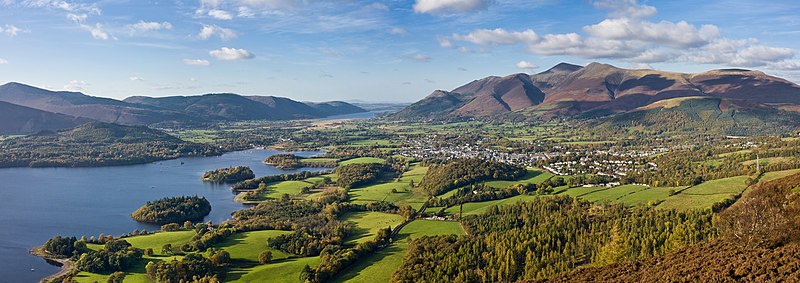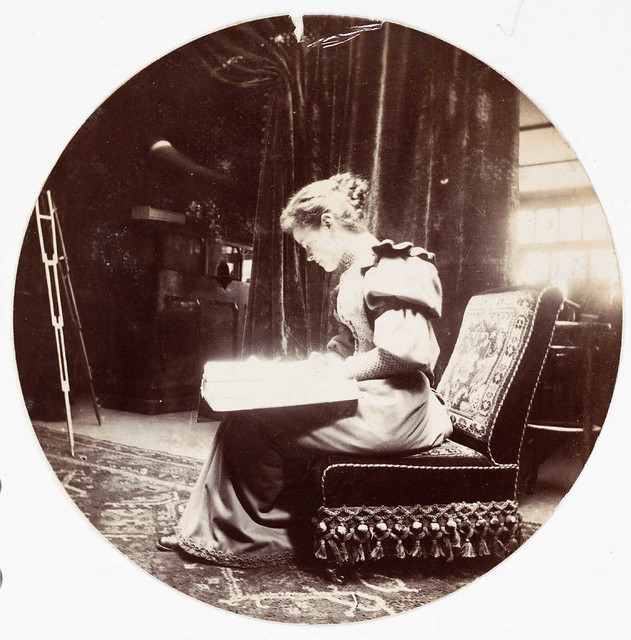What is the working title of your book?
Once a Duchess
Where did the idea come from for the book?
The idea came about after I read several historical romance novels that flirted with the idea of divorce. The hero threatens the heroine with it, or he mopingly agrees to grant her the divorce she demands, or what have you. Of course, Happily Ever After swoops in to save the day before a divorce happens. I wondered, what if these people who are perfect for one another did divorce? Could they find their way back together again?
What genre does your book fall under?
Historical Romance, Regency.
Which actors would you choose to play your characters in a movie rendition?
Gosh, I don't know! *runs off to imdb*
OK, for the role of Isabelle, I'm thinking Sophia Myles, with a little Portia de Rossi mixed in. It's my fantasy; I can blend actresses if I want to. A picture of Sophia Myles in period costume can be seen here.
For my hero, Marshall, maybe Richard Armitage, North and South edition. Rawr!
What is the one-sentence synopsis of your book?
 |
| Uh-huh. Fascinating. No, really, do go on. |
After a scandalous divorce destroys her reputation, Isabelle fights her way back to respectability and wins a second chance at love.
Will your book be self-published or represented by an agency?
I will be published by Crimson Romance on October 15! Get your download finger ready!
How long did it take you to write the first draft of your manuscript?
About a year.
What other books would you compare this story to within your genre?
I haven't seen another story quite like mine in the Regency genre -- which is a good thing! Writing-wise, my style is in the neighborhood with Jo Beverley. I feel kinda uppity saying that. Jo, I'm not worthy (So much for that ego...)!
Who or What inspired you to write this book?
As I said above, I was inspired by the ideas prompted by other novels. I was driven to explore the idea of divorce during a time in which it was rare and hugely scandalous.
What else about your book might pique the reader’s interest?
My heroine, Isabelle, is a marvelous cook. She isn't afraid to use her culinary skills to work for a living, despite her genteel upbringing. Different, non?
Also, hot sex.




